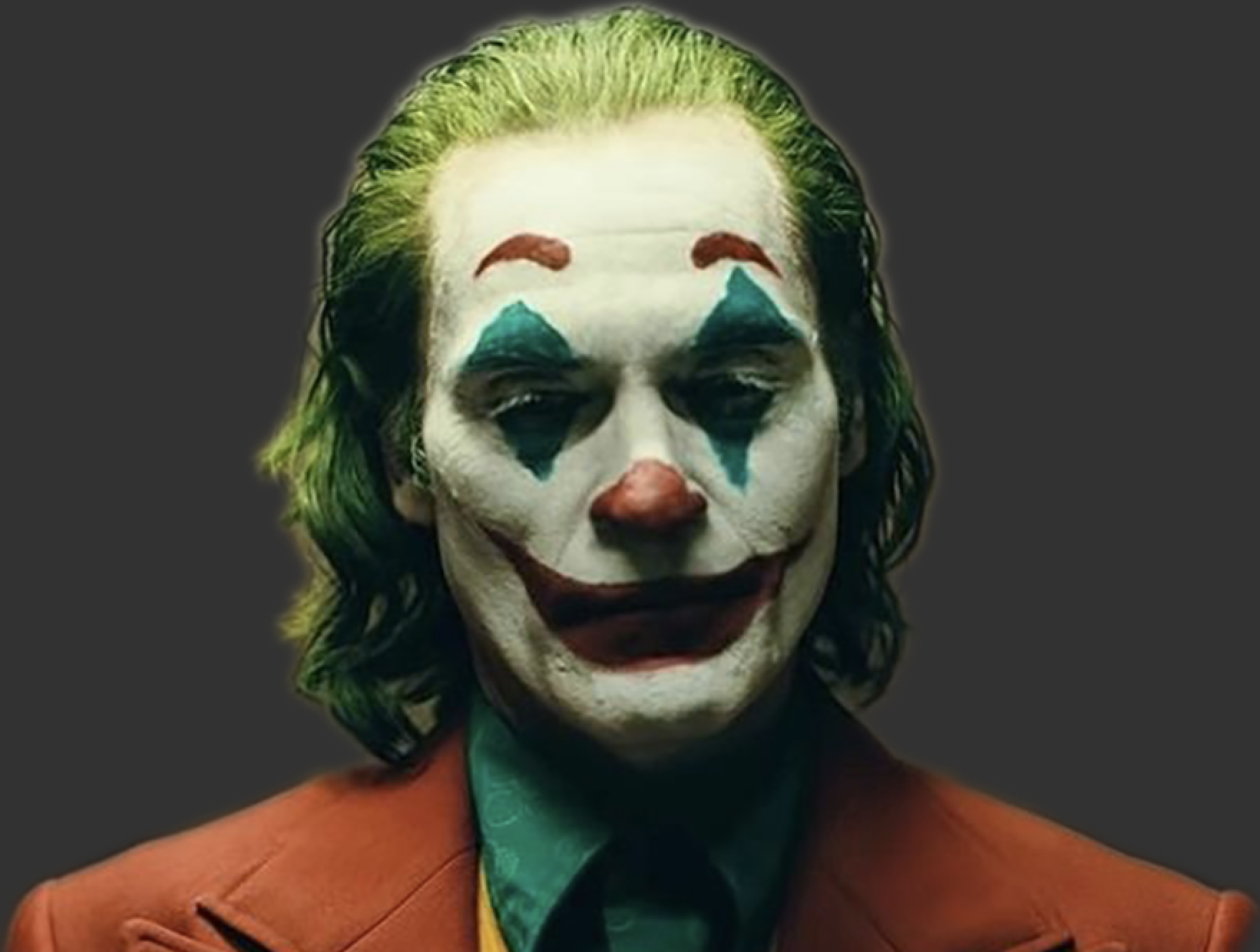[et_pb_section fb_built=”1″ make_fullwidth=”on” specialty=”on” padding_top_1=”-25px” padding_top_2=”-25px” padding_left_1=”50px” padding_left_2=”50px” module_class=”ds-fullwidth-specialty” _builder_version=”3.0.85″ custom_padding=”15px|50px|20px|0px” locked=”off”][et_pb_column type=”2_3″ specialty_columns=”2″ _builder_version=”3.0.47″ padding_left__hover=”50px” padding_top__hover=”-25px” parallax__hover=”off” parallax_method__hover=”on” padding_left=”50px” padding_top=”-25px” parallax=”off” parallax_method=”on”][et_pb_row_inner admin_label=”Row” _builder_version=”3.0.85″][et_pb_column_inner type=”4_4″ saved_specialty_column_type=”2_3″ _builder_version=”3.0.47″ parallax__hover=”off” parallax_method__hover=”on” parallax=”off” parallax_method=”on”][et_pb_divider color=”#0083b6″ divider_weight=”5″ _builder_version=”3.2″]
[/et_pb_divider][et_pb_post_title author=”off” comments=”off” featured_image=”off” _builder_version=”3.0.86″ title_font=”|700||on|||||” title_text_align=”center” title_font_size=”42px” meta_text_align=”center” meta_font_size=”18″ text_orientation=”center” custom_margin=”-10px|||” custom_padding=”|||”][/et_pb_post_title][et_pb_divider color=”#0083b6″ divider_weight=”5″ _builder_version=”3.2″]
[/et_pb_divider][/et_pb_column_inner][/et_pb_row_inner][et_pb_row_inner admin_label=”Row” _builder_version=”3.0.47″][et_pb_column_inner type=”1_2″ saved_specialty_column_type=”2_3″ _builder_version=”3.0.47″ parallax__hover=”off” parallax_method__hover=”on” parallax=”off” parallax_method=”on”][et_pb_text _builder_version=”3.16″]
A fter watching “Joker,” my feelings about it are just as mixed as they were when I entered the theatre. On one hand, the acting is skilled and the movie comes across as having a far higher pro- duction value than its <$70 million budget would imply. On the other, I can’t forgive the distressing lack of ethics in the film.
“Joker” follows failed comedian Arthur Fleck’s progression into the eponymous Joker, but it’s set in the wrong franchise and released at the wrong time. The movie was intended as an examination of mental illness, an intriguing expansion on a relatively basic villain’s backstory, and a commentary on an increasingly bleak so- ciety—and it was successful in some ways, particularly Joaquin Phoenix’s portrayal of the supervillain’s descent into madness. As an origin story film, it’s successful.
[/et_pb_text][/et_pb_column_inner][et_pb_column_inner type=”1_2″ saved_specialty_column_type=”2_3″ _builder_version=”3.0.47″ parallax__hover=”off” parallax_method__hover=”on” parallax=”off” parallax_method=”on”][et_pb_text _builder_version=”3.0.86″]
However, the movie feels as if Fleck loses his sanity not because of the envi- ronment, but because of some internal switch that flips. I know he’s taken off his medication partway through the film, but that’s after he has killed three people.
I think it’s unwise to create a protagonist like him—not because he’s mentally ill, but because his being the only mentally ill character in the movie portrays men-
tal illness as dangerous. He’s delusional, but we only realize that at the end of the movie—for the majority of it, viewers think he’s merely depressed and disillusioned with his environment. He kills a total of
(I counted) nine people during the movie, rendering “Joker” an unproductive at- tempt at social commentary.
I understand what “Joker” was trying to
[/et_pb_text][/et_pb_column_inner][/et_pb_row_inner][et_pb_row_inner _builder_version=”3.16″][et_pb_column_inner type=”4_4″ saved_specialty_column_type=”2_3″ parallax=”off” parallax__hover=”off” parallax_method=”on” parallax_method__hover=”on”][et_pb_image src=”http://www.thenuevacurrent.com/wp-content/uploads/2020/03/Screen-Shot-2020-03-20-at-2.14.53-PM.png” _builder_version=”3.16″][/et_pb_image][/et_pb_column_inner][/et_pb_row_inner][et_pb_row_inner admin_label=”Row” _builder_version=”3.0.47″][et_pb_column_inner type=”1_2″ saved_specialty_column_type=”2_3″ _builder_version=”3.0.47″ parallax__hover=”off” parallax_method__hover=”on” parallax=”off” parallax_method=”on”][et_pb_text _builder_version=”3.0.86″]
accomplish: adding to the DC Universe (DCU) and examining the effects of mental illness when it’s ignored.
The movie adds to the DCU, but with a film that won’t be watched by children, the DCU’s primary audience. As for the movie’s point about mental illness, this film reads as an angry man taking revenge on people who have not directly wronged him. I completely understand why there are concerns about the film encouraging incels and other at-risk populations to pick up firearms and carry out violence. This has been a huge point
of contention for critics and moviegoers; there are arguments that “Joker” should be taken as a film out of our present context and arguments that it may incite lonely, mentally ill men to violent actions.
[/et_pb_text][/et_pb_column_inner][et_pb_column_inner type=”1_2″ saved_specialty_column_type=”2_3″ _builder_version=”3.0.47″ parallax__hover=”off” parallax_method__hover=”on” parallax=”off” parallax_method=”on”][et_pb_text _builder_version=”3.0.86″]
I’m not saying all films about mental illness need to be lighthearted and end happily, but Fleck gains power and fame from his killings, faces few to no long-term legal consequences, and is in some ways portrayed as a character who comes to em- brace his inner self. This acceptance isn’t his coming to terms with having a mental illness and deciding to work on getting better, but rather his acceptance of the fact that he is a killer and decision to take no responsibility. It explains why he ends up the way he does, but in doing so, seems far from encouraging for mentally ill people contemplating seeking treatment.
[/et_pb_text][/et_pb_column_inner][/et_pb_row_inner][et_pb_row_inner admin_label=”Row” _builder_version=”3.0.47″][et_pb_column_inner type=”4_4″ saved_specialty_column_type=”2_3″ _builder_version=”3.0.47″ parallax__hover=”off” parallax_method__hover=”on” parallax=”off” parallax_method=”on”][et_pb_video src=”https://www.youtube.com/watch?v=-_DJEzZk2pc” admin_label=”Video %91Delete if no Video%93″ _builder_version=”3.16″ box_shadow_style=”preset3″][/et_pb_video][/et_pb_column_inner][/et_pb_row_inner][/et_pb_column][et_pb_column type=”1_3″ _builder_version=”3.0.47″ padding_left__hover=”50px” padding_top__hover=”-25px” parallax__hover=”off” parallax_method__hover=”on” padding_left=”50px” padding_top=”-25px” parallax=”off” parallax_method=”on”][et_pb_team_member name=”Written by Elizabeth B-P” position=”Web Editor” image_url=”http://www.thenuevacurrent.com/wp-content/uploads/2019/02/IMG_0656-1.jpeg” linkedin_url=”www.linkedin.com/in/scott-brasesco/” _builder_version=”3.16″ header_font=”|700|||||||” custom_margin=”||50px|”][/et_pb_team_member][et_pb_sidebar area=”sidebar-main” _builder_version=”3.0.85″][/et_pb_sidebar][/et_pb_column][/et_pb_section]


Leave a Reply